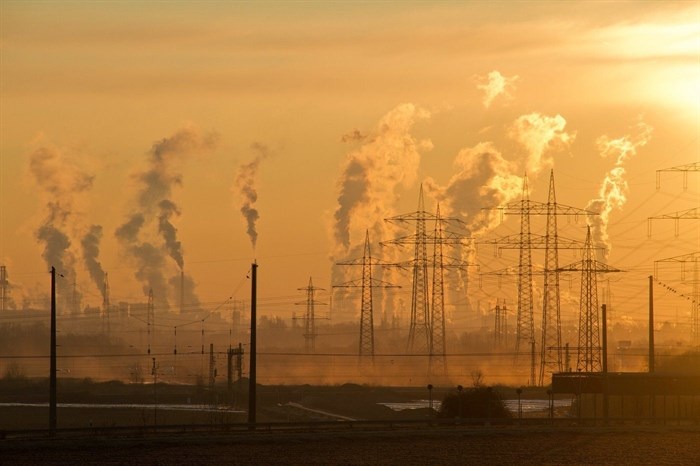
Highly insufficient means that as it stands, Canada is on track for 4 Celsius warming –– far higher than the Paris Agreement goal of as close to 1.5 C as possible.
Image Credit: PIXABAY
September 17, 2021 - 7:00 PM
The independent Climate Action Tracker has crunched the numbers on countries' updated 2030 Paris Agreement targets and found Canada’s “highly insufficient,” pouring cold water on Liberal Leader Justin Trudeau’s campaign emphasis on expert endorsements.
“Highly insufficient” means that as it stands, Canada is on track for 4 Celsius warming –– far higher than the Paris Agreement goal of as close to 1.5 C as possible. To put that in context, the Intergovernmental Panel on Climate Change’s report from last month estimated five scenarios ranging from very low to very high emission growth; in the highest emission scenario, it estimated global warming at 4.4 C by the end of the century.
Canada not only ranks as the country with the worst climate performance in the G7, it’s also the only G7 country CAT ranked that falls in the “highly insufficient” category. Italy and France were not ranked, but the United States, the United Kingdom, Germany, Japan, and the European Union all perform better, according to the tracker.
While a step above countries like Russia and Saudi Arabia, which the CAT ranks as “critically insufficient,” the highly insufficient club is the second-worst ranking, leaving Canada mingling with China, India, Brazil, Australia, and other major polluters.
“We've been patting ourselves on the back a fair bit about the action we're taking on climate change, and I think in Canada there's this thought that we're doing a lot,” said Keith Stewart, a senior energy strategist with Greenpeace Canada.
“The Climate Action Tracker helps remind us that, in fact, we're not doing nearly enough.”
The tracker, run by non-profits Climate Analytics and New Climate Institute, calls Canada’s revised 2030 target “not quite Paris compatible,” but does acknowledge Ottawa’s revised climate plan from December, and new measures announced in Budget 2021.
“If Canada can successfully implement all of these announced plans, it would go a long way to closing the ambition gap and its rating would improve to ‘almost sufficient,’” according to the tracker.
The NDP’s environment critic and candidate for Victoria Laurel Collins called that “a very big if.”
“Everything we've seen so far from the Liberals is that they do not follow through on their promises,” she said. “We have seen them make commitments over the past six years to take climate action, and then do the opposite.”
CAT says a Paris Agreement-aligned target for Canada is a 54 per cent reduction from 2005 levels by 2030. Conservatives are pledging 30 per cent, Liberals 40 to 45 per cent, NDP 50 per cent, and the Green Party 60 per cent.
While the tracker acknowledges some steps like increasing the carbon price and moving the 100 per cent zero-emission vehicle target date from 2040 to 2035, CAT says Canada seems to take one step forward and two steps back.
“It continues to expand its pipeline capacity for fossil fuels, even though modelling by its own energy regulator shows that the additional capacity exceeds available supply under even relatively unambitious climate policy,” the tracker reads, adding the decision also comes at a time when there is major divestment from the oilsands.
Borrowing from former U.S. president Barack Obama’s science adviser John Holdren, Stewart said the choices before policymakers are to either reduce emissions, adapt to a changing world, or suffer the consequences.
“The less we choose to do of the first two, the more we are choosing to increase suffering,” he said. “And I think we really have to look at weak climate plans as essentially a plan to maximize suffering.”
Amara Possian, with climate advocacy group 350, says Canadians should be cautious of ambitious promises from an incumbent government.
“When people show you who they are, you need to believe them. And time and again over the past few years, the Liberals have focused on propping up the fossil fuel industry instead of transforming our economy to meet this moment,” she said.
“They've made promises, but they've also shown us they need to be pushed on climate.”
The Liberal Party did not return a request for comment by deadline.
— This story was originally published by the National Observer.
News from © iNFOnews, 2021